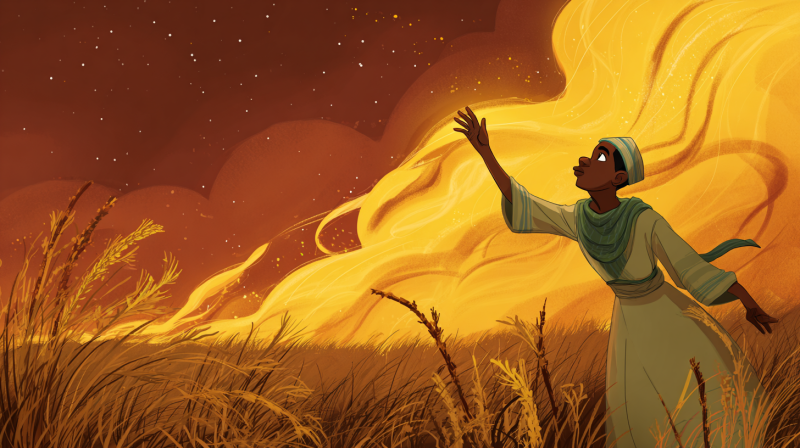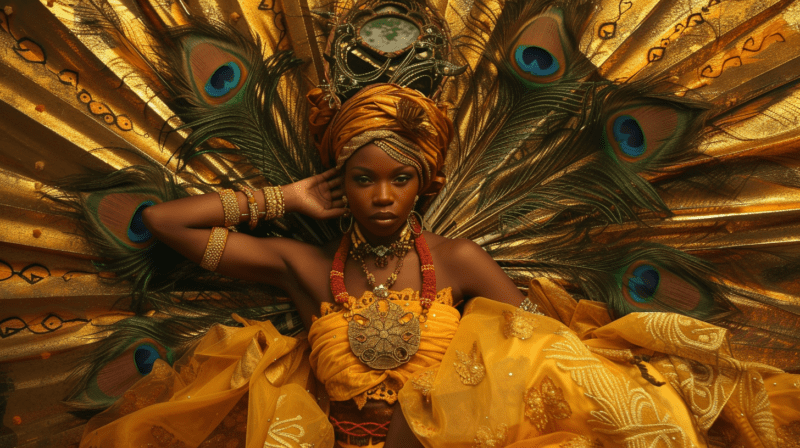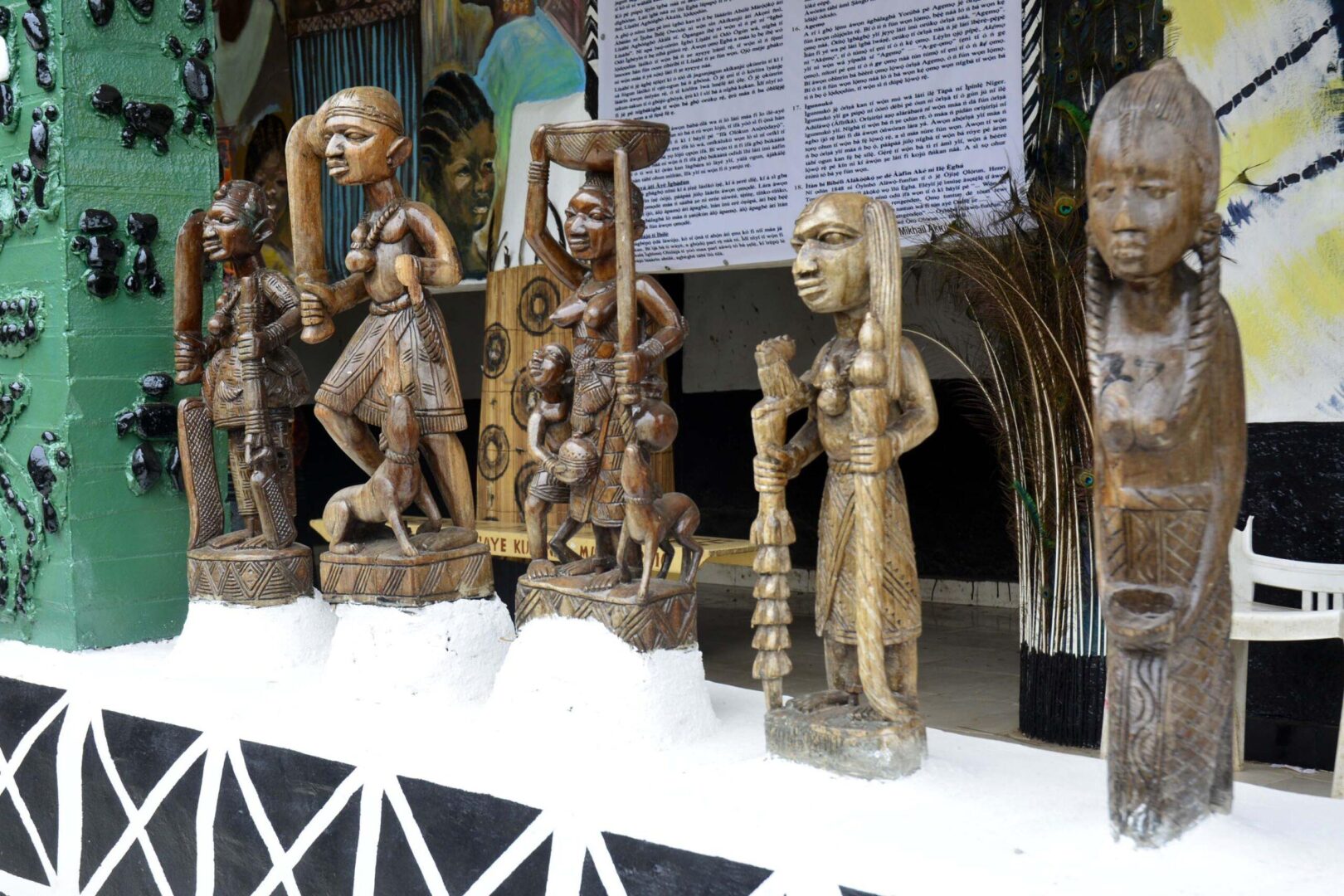Norse mythology is a rich tapestry of gods, heroes, and cosmic battles, with one figure standing out amidst the pantheon for his complex nature and mischievous deeds: Loki, the Trickster God. In this article, we’ll venture into the depths of Norse mythology to understand the enigmatic persona of Loki, his role in the ancient tales, and his enduring significance in contemporary culture.
Origins and Characteristics of Loki
Loki’s origins are shrouded in mystery, adding to the intrigue of his character. Born of Jotun blood, he’s neither fully Aesir nor Jotunn, embodying the liminal space between chaos and order. Descriptions of Loki vary, but common traits include his cunning nature, shapeshifting abilities, and quick wit, which often land him in both trouble and triumph.
Loki in Norse Mythology
In Norse mythology, Loki is a pivotal figure whose actions catalyze many events. His relationships with other gods are complex; while he’s a blood brother to Odin and a companion to Thor, his actions often bring strife and conflict to Asgard. Loki’s pranks and deceptions are legendary, from tricking the dwarves into creating gifts for the gods to engineering the downfall of Balder, the beloved son of Odin.
Loki’s Complex Persona
What sets Loki apart is his multifaceted persona. He’s not merely a villain but a nuanced character driven by complex motivations. While his mischief can be destructive, it also serves to challenge the status quo and reveal uncomfortable truths. Loki embodies chaos, an essential force in Norse cosmology, disrupting the order of the gods and prompting introspection.
Loki’s Downfall and Role in Ragnarok
Despite his wit and cunning, Loki’s actions ultimately led to his downfall. His involvement in the death of Balder and other nefarious deeds sow seeds of discord that culminate in Ragnarok, the apocalyptic battle foretold in Norse mythology. In the final reckoning, Loki faces his fate, battling alongside the forces of chaos against the gods of Asgard.
Loki’s Legacy and Influence
Despite his role as a catalyst for destruction, Loki’s legacy extends far beyond Ragnarok. His complex character has inspired countless retellings in literature, art, and popular culture. From Neil Gaiman’s “American Gods” to Marvel’s cinematic universe, Loki continues to captivate audiences, embodying the enduring appeal of the trickster archetype.
Reclaiming Loki’s Image
In recent years, there’s been a resurgence of interest in Loki, prompting scholars and fans alike to reexamine his character. Rather than vilifying him as a mere villain, many interpretations seek to understand Loki’s deeper significance. Some view him as a symbol of necessary chaos, challenging rigid structures and prompting growth and transformation.
Loki, the enigmatic Norse deity and trickster god, defies easy categorization. Through his cunning and mischief, he challenges the gods and disrupts the order of the cosmos, leaving a lasting impact on Norse mythology and beyond. As we continue to unravel the mysteries of Loki’s character, we’re reminded of the enduring power of myth to provoke thought, inspire creativity, and illuminate the human condition.
References:
- Snorri Sturluson. “The Prose Edda.”
- H.R. Ellis Davidson. “Gods and Myths of Northern Europe.”
- Neil Gaiman. “Norse Mythology.”
- Joseph Campbell. “The Hero with a Thousand Faces.”
- Various online resources and scholarly articles on Norse mythology and Loki.





